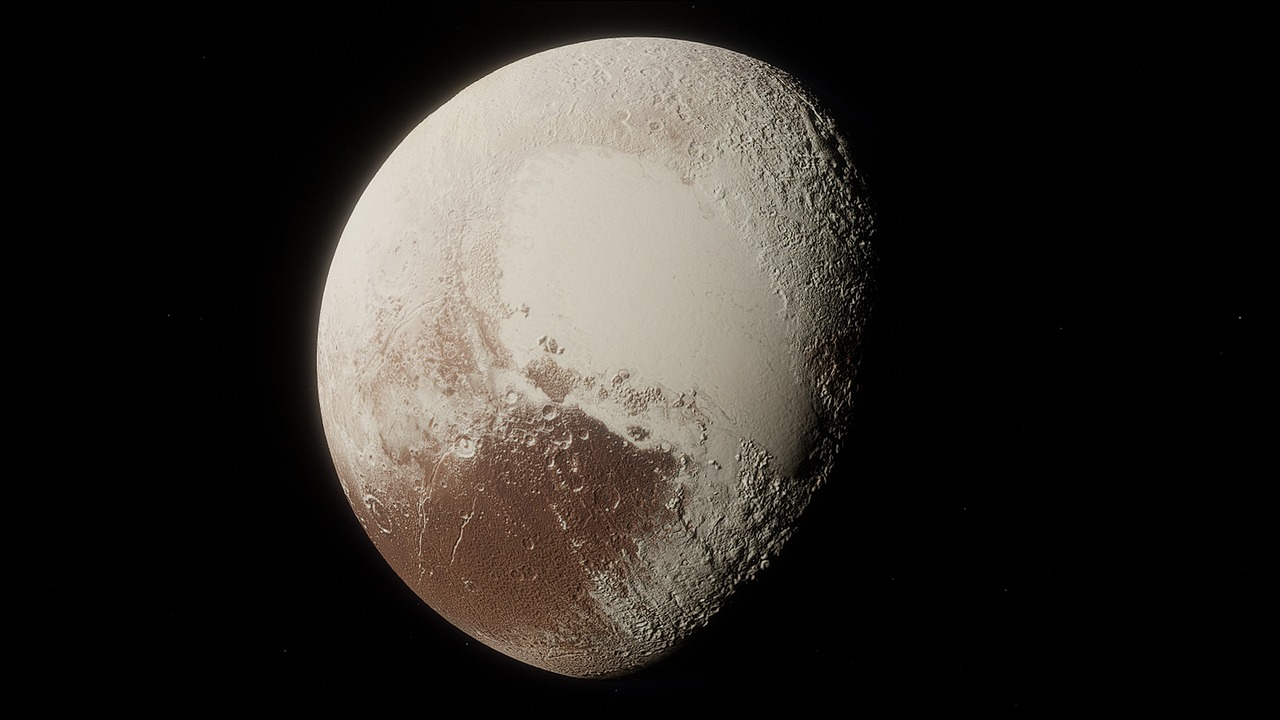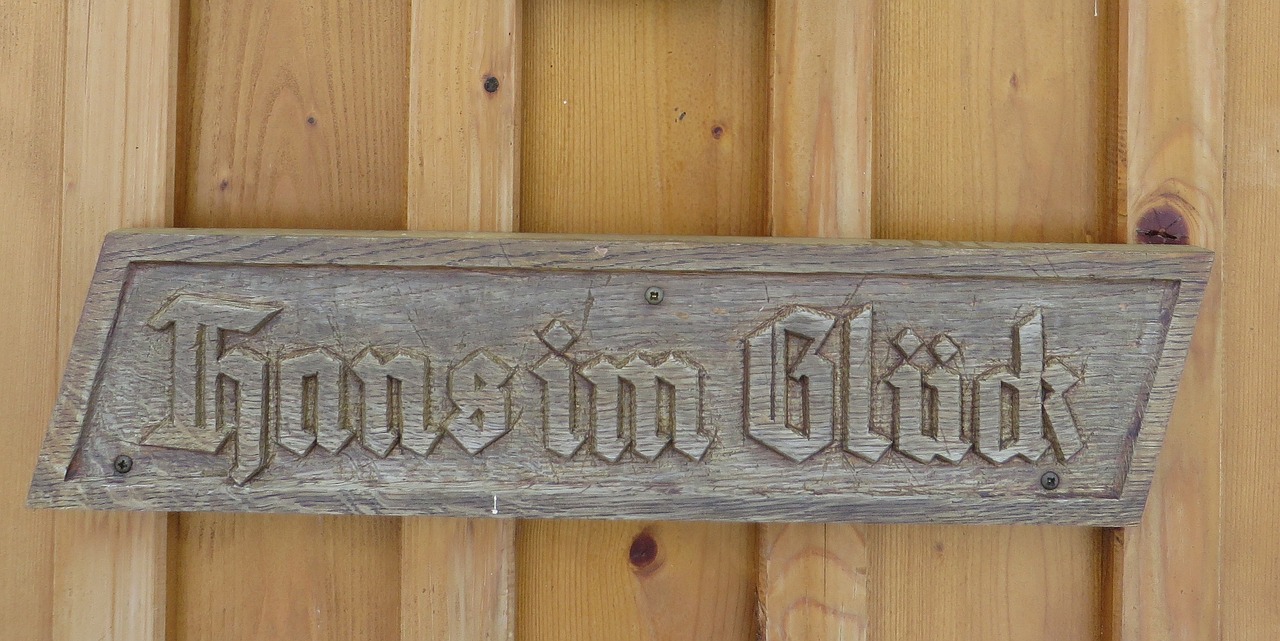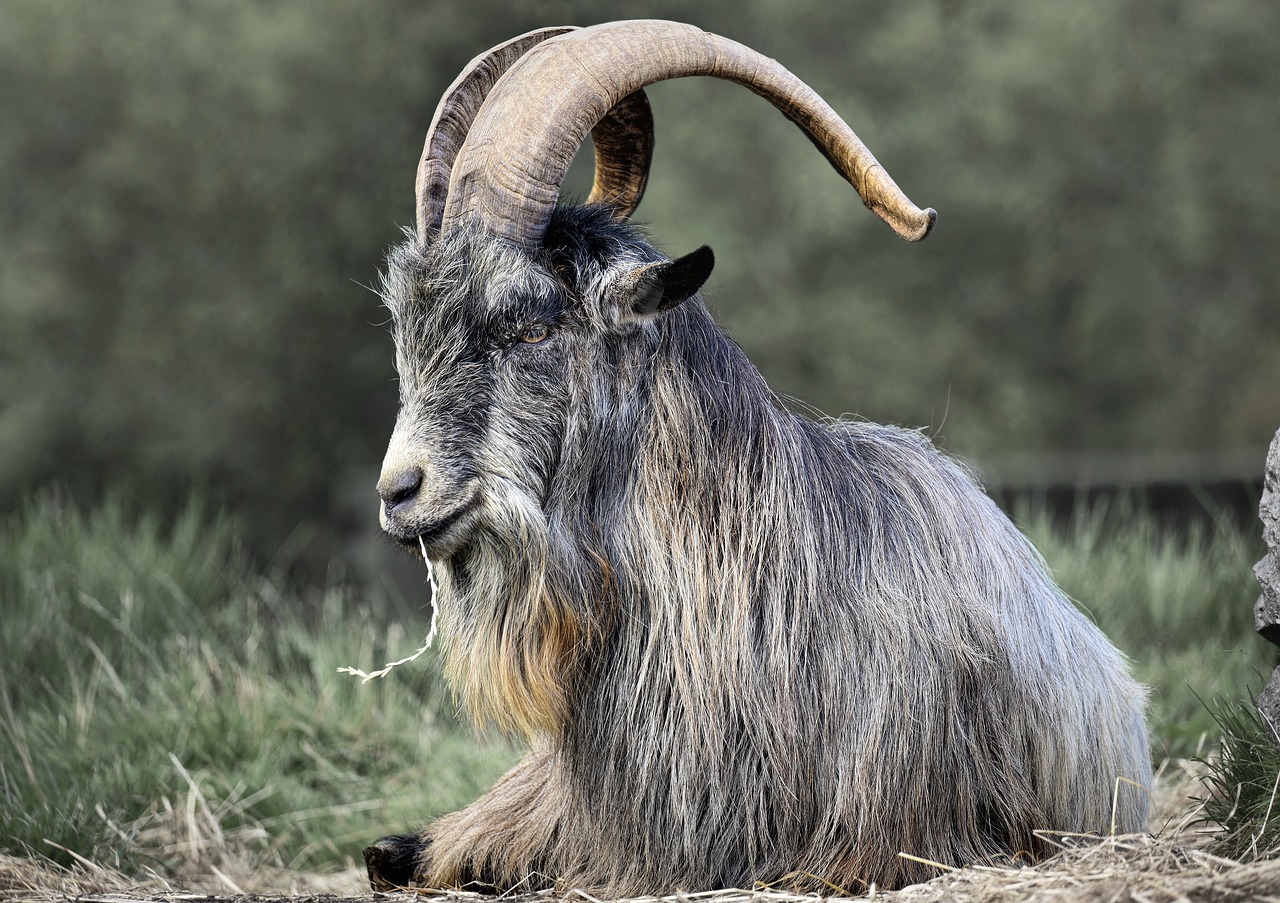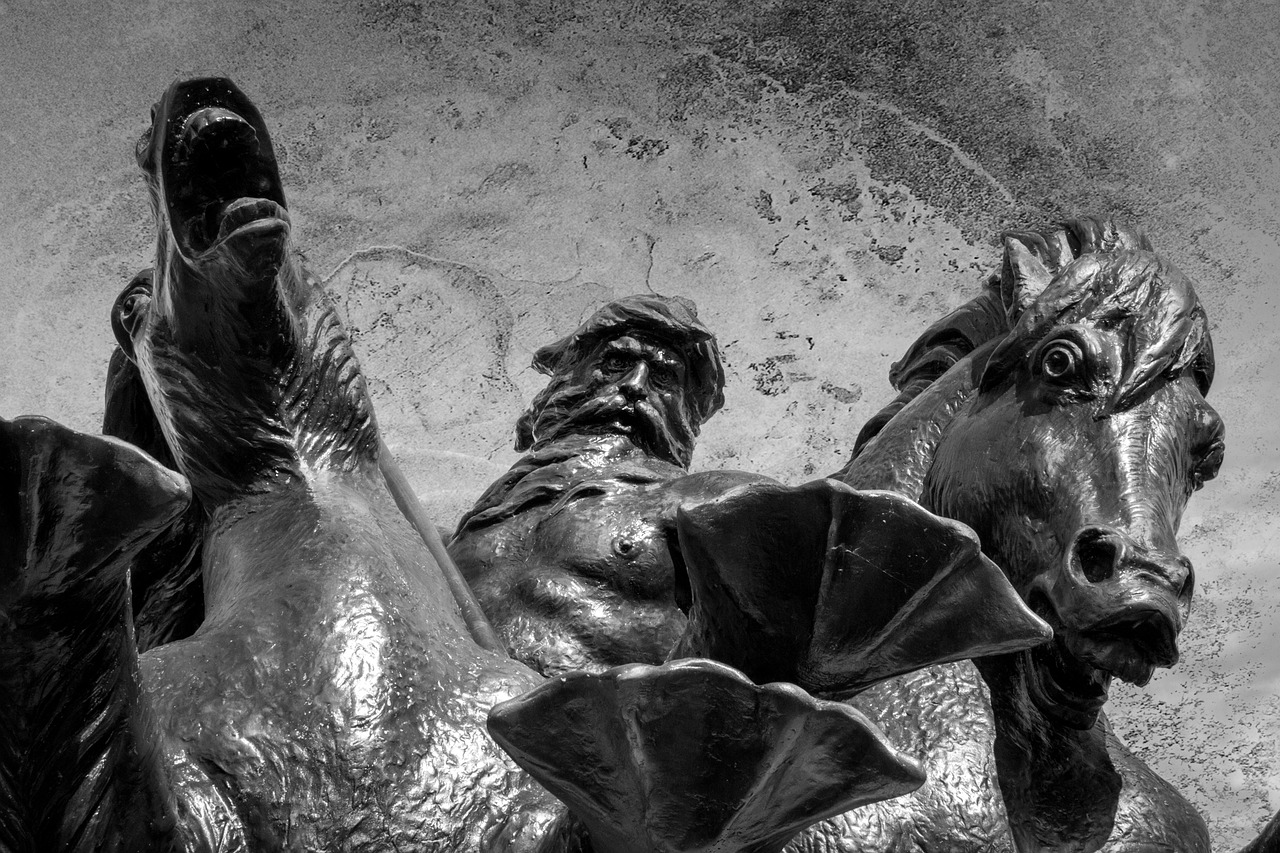-
Celtic mythology is abundant with mystique, deities, and ancient narratives, weaving a rich tapestry of cultural significance. Among these, the figure of Elatha, although not as widely recognized as some of his counterparts, plays a pivotal role in understanding the Celtic heritage and its magical traditions. In this exploration of Elatha, we will uncover his…
-

In Euripides’ tragedy, “Medea”, the concept of exile is notable as both a historical reality and an omnipresent threat that influences the emotional landscape of the characters. Medea and Jason exist as exiles prior to the overt events of the play; they share a turbulent past where Medea had to abandon her homeland of Colchis…
-

Pluto, the deity associated with the Underworld in Roman mythology, is known for choosing not to dwell among the other gods on Olympus, preferring the solitude of the realm beneath the earth. His Greek equivalent, Hades, shares much in common with him. Family Background Pluto, or Hades, is the offspring of the Titans Saturn (Cronus)…
-

Hapi, known also as Hep, Hap, or Hapy, is recognized as a deity of water and fertility who was venerated throughout Ancient Egypt. His name is believed to have originally referred to the Nile before the Dynastic period when the river became known as “iterw,” which translates to “the river.” This term eventually became associated…
-

Nuada of the Silver-Hand: A Leader in the Myths of Ireland Nuada of the Silver-Hand stands as a prominent figure in Irish mythology, renowned as the inaugural ruler of the Tuatha dé Danann. Esteemed for his integrity and wisdom, he guided his people to prehistoric Ireland, striving to reclaim the land from the fearsome Fomorians.…
-
The Ancient Reverence for Ptah: A Creator God of Memphis Although not prominently featured in early Egyptian texts, the worship of Ptah in Memphis dates back to the late prehistoric era. Recognized as one of the key creator deities, Ptah was also the advocate for artisans and the guardian of Memphis. As Egypt transitioned through…
-

In the realm of Ancient Greek mythology, Poseidon is revered as the god overseeing the sea, storms, earthquakes, and equine creatures. Often equated with the Roman deity Neptune, Poseidon holds a significant position, being the sibling of Zeus and Hades—deities representing the sky and the underworld, respectively. Who is Poseidon? As the guardian of sailors…
-

The Victorian era, spanning from 1837 to 1901, was a transformative period characterized by an eclectic mix of architectural styles, heavily influenced by a revived fascination with earlier classical civilizations. This intrigue with antiquity led architects not just to replicate, but to creatively reinterpret ancient designs, fusing traditional motifs with the innovative techniques and artistic…
-

In the mythology of ancient Egypt, few deities evoke as much fascination and fear as Ammit, the grim Devourer of Hearts. This unique goddess, a terrifying blend of three formidable creatures—a lion, a hippopotamus, and a crocodile—played a crucial role in the ancient Egyptians’ beliefs surrounding the afterlife. Ammit: The Deity of Retribution Ammit occupies…
-
Celtic mythology is steeped in mystique, deities, and ancient narratives, with Elatha as one of its intriguing but lesser-known characters. Although not as prominent as some other figures, Elatha’s legends provide vital insights into the cultural and mystical heritage of the Celts. This exploration seeks to uncover the significance of Elatha within the realm of…


